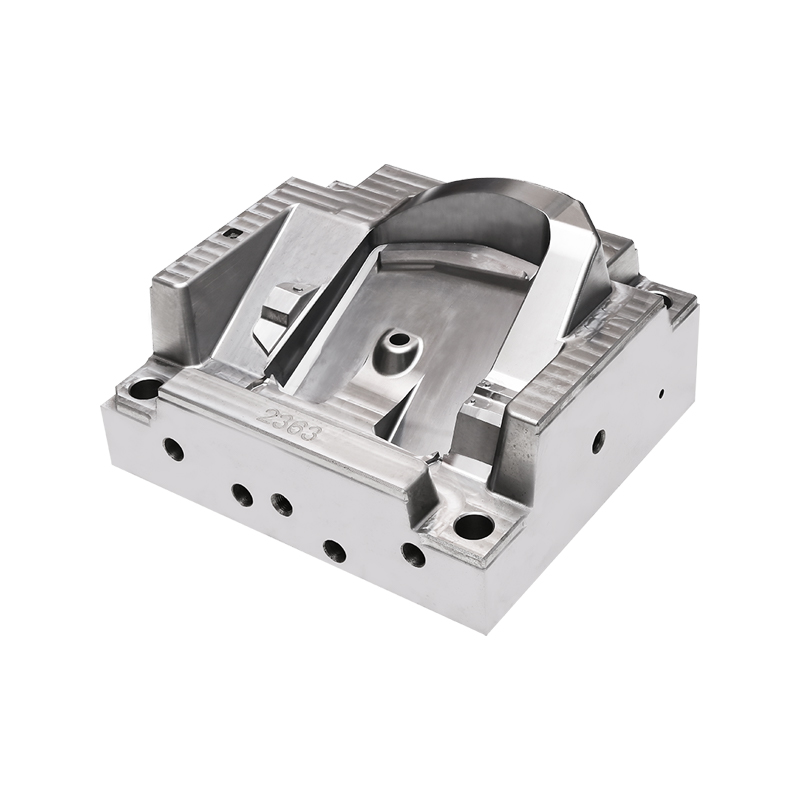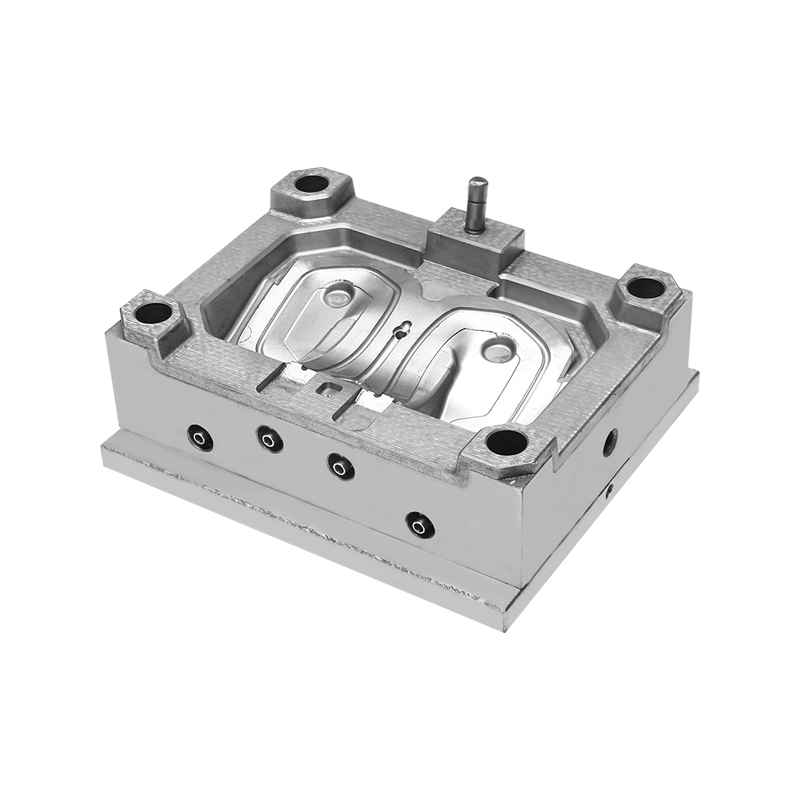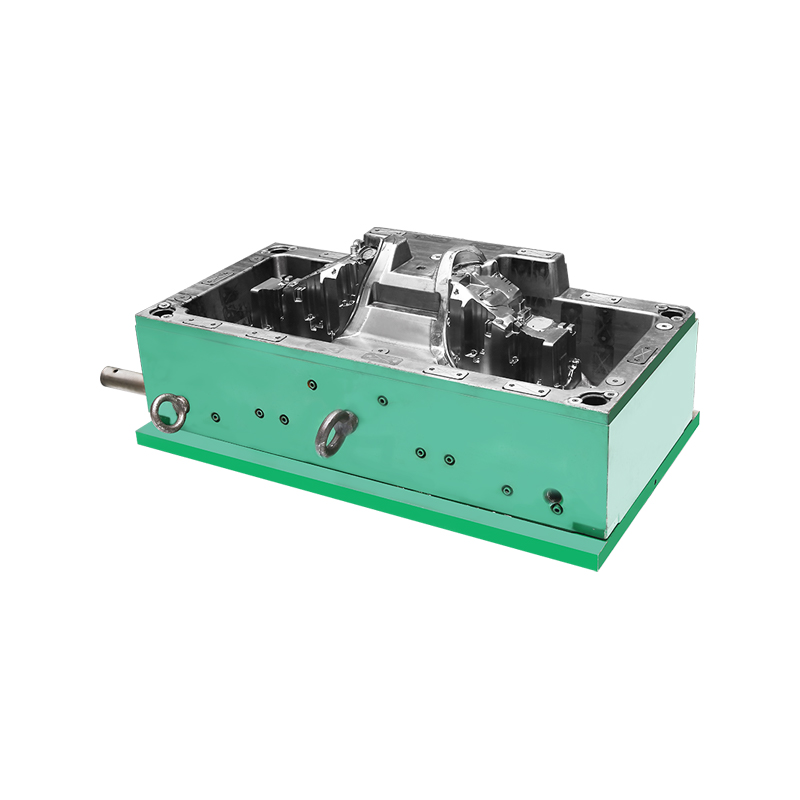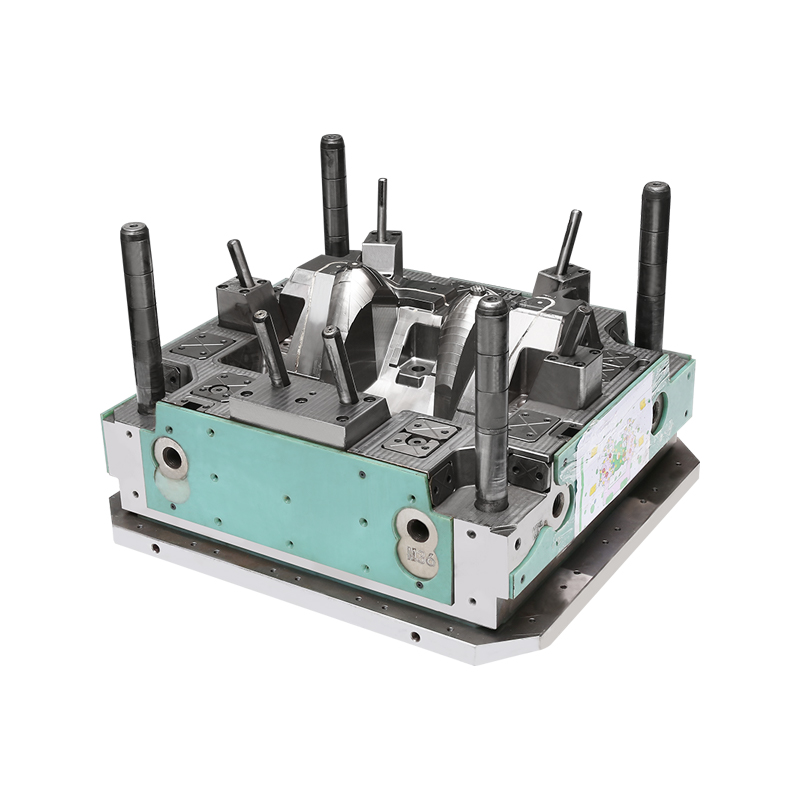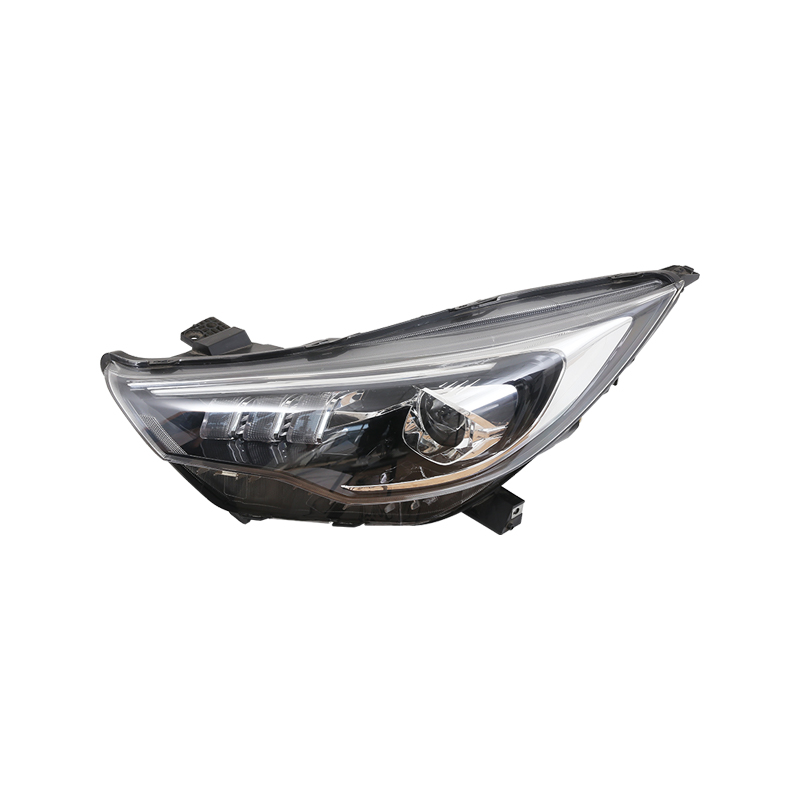In the automotive industry, the production of front lamp assemblies demands precision and reliability to ensure safety and performance on the road. Central to this process is the manufacturing of plastic injection molds tailored specifically for auto front lamps.
Auto Front Lamp Plastic Injection Mould Manufacturing
The manufacturing of plastic injection molds for auto front lamps involves several critical stages, each contributing to the final product's quality and functionality.
Design and Prototyping: The process begins with meticulous design and prototyping phases. Automotive designers and engineers collaborate to create detailed specifications for the front lamp assembly. Using computer-aided design (CAD) software, they develop 3D models that outline every aspect of the mold, including the housing, lenses, and internal components.
Tooling and Mold Fabrication: Once the design is finalized, tooling engineers commence mold fabrication. High-precision machinery and techniques such as CNC machining are employed to carve the mold cavities and cores from hardened steel or aluminum blocks. These materials are chosen for their durability and ability to withstand the high pressures and temperatures involved in injection molding.
Injection Molding Process: The injection molding process itself is a cornerstone of manufacturing auto front lamp components. Pellets of plastic resin are heated to a molten state and injected under high pressure into the mold cavity. The mold is carefully designed with cooling channels to ensure rapid and uniform solidification of the plastic, reduce cycle times and optimizing production efficiency.
Quality Assurance and Testing: Throughout the manufacturing process, stringent quality assurance measures are implemented. Automated inspection systems and manual checks verify dimensional accuracy, surface finish, and structural integrity of the molded parts. Functional tests may also be conducted to ensure that the front lamp assemblies meet regulatory standards and customer specifications.
What Manufacturing Standards Should Injection Molding Factory Comply With
Injection molding factories must adhere to rigorous standards to ensure consistent quality and safety across their production processes. Key standards include:
ISO 9001: Quality Management Systems: This international standard outlines requirements for quality management systems that help organizations demonstrate their ability to consistently provide products and services that meet customer and regulatory requirements. Compliance ensures that injection molding factories implement effective quality control measures throughout the manufacturing process.
ISO/TS 16949: Automotive Quality Management System: Specifically designed for the automotive industry, this standard emphasizes the development of a quality management system that provides for continual improvement, emphasizing defect prevention and reduction of variation and waste in the supply chain.
ISO 14001: Environmental Management Systems: Environmental responsibility is crucial in manufacturing. ISO 14001 sets out criteria for an environmental management system, helping organizations improve resource efficiency, reduce waste, and reduce their environmental footprint.
ASTM International Standards: ASTM standards cover a wide range of materials and industries, including plastics and automotive components. Compliance with relevant ASTM standards ensures that products meet specific technical requirements and performance criteria.
Regulatory Compliance: Injection molding factories must also comply with local and international regulations governing product safety, materials usage (e.g., REACH regulations in Europe), and environmental impact (e.g., RoHS directives).
Adherence to these manufacturing standards not only ensures product quality and reliability but also enhances customer confidence and satisfaction. By integrating these standards into their operations, injection molding factories can achieve operational excellence, mitigate risks, and drive continuous improvement in their manufacturing processes.

 English
English 中文简体
中文简体 русский
русский Español
Español
